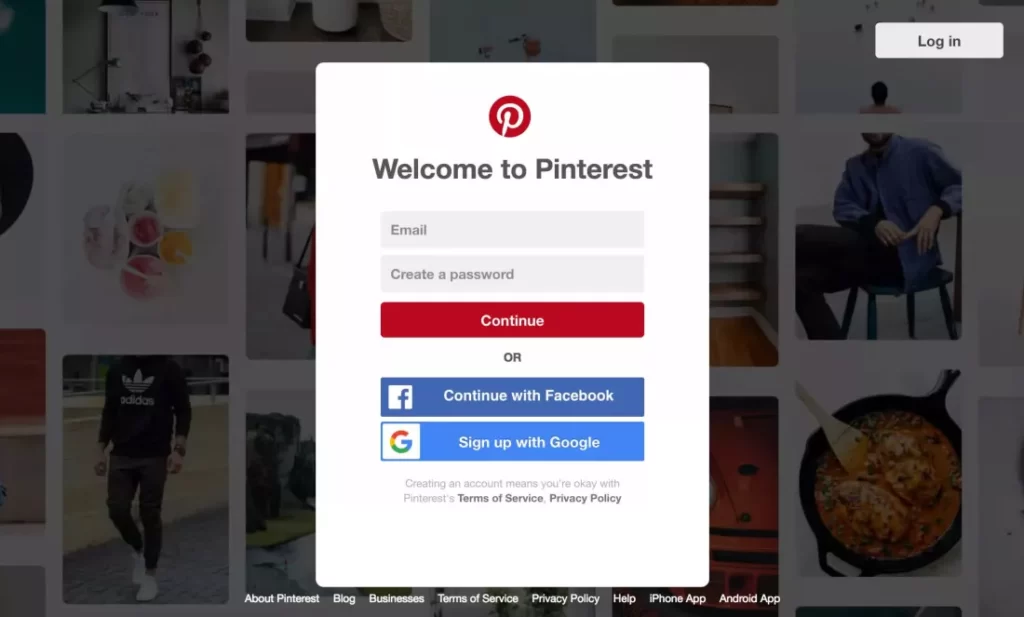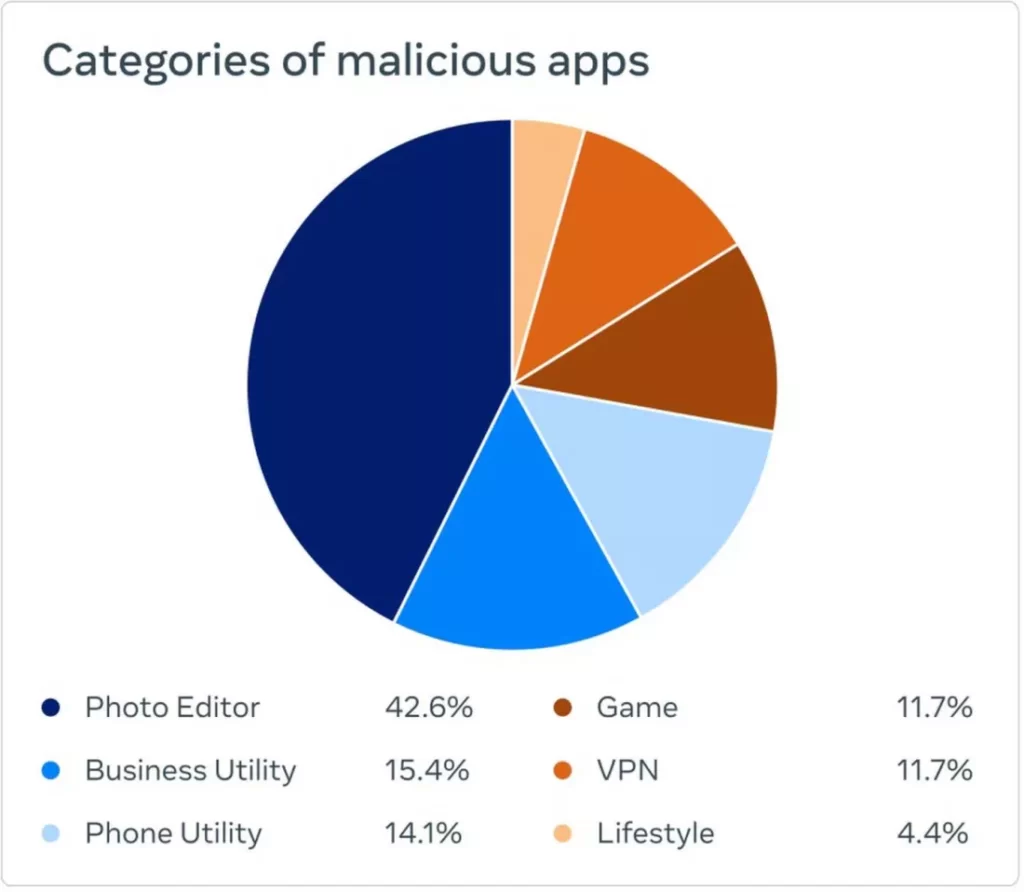Recently, Meta disclosed vulnerability details pertaining to several hundred nefarious iOS and Android applications. All of the apps were presented as genuine software in the Apple and Google app stores. However, despite what they said and how they were received, their main objective was to steal user information.
After Meta researchers discovered more than 400 rogue apps across each of their separate app marketplaces, Apple and Google were both made aware of the problem. By using their Facebook accounts, users could log into the aforementioned apps or access their extra features. The user’s credentials were taken after being entered and exploited to grant unauthorised access to the victim’s data.
Developers can access the design, implementation, and user experience guidelines for adding Facebook login capability in a new app in Facebook’s developer documentation. Legitimate apps like Pinterest and Instagram use the login feature, which is well-known and widely used. When signing in, the fraudulent apps mentioned in Meta’s study used this function recognition as one of many strategies to provide consumers a false sense of security and authenticity.

In his statement, Meta outlined how nefarious programmers abused the widely used login feature. Once written, fraudulent reviews would be published to increase their initial legitimacy or to suppress unfavourable criticism. The applications were then downloaded by unsuspecting users, who then used their Facebook login information to access the app’s content or link it to their Facebook account. Now that the user’s login information has been obtained by the app’s virus, all of the user’s account information, images, and other data are all accessible to unauthorised third parties.
The fact that the apps delivered on their promises added to their trust as legitimate applications. Photo filter apps took up more than 40% of all uncovered malicious apps, according to Meta’s findings. A variety of phone, business, gaming, VPN, and leisure categories made up the remaining 60%.

Readers are given a number of probing questions and red flags that can spot bogus applications in the announcement. Additionally, a GitHub link is provided so that programmers and security experts can examine potential vulnerability signs. Users who are affected are urged to change their passwords, enable two-factor authentication, and enable logging to keep track of unauthorised login attempts.


